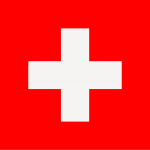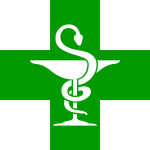Should be Treated?
Even if most of the time bedwetting is not caused by upbringing or psychological disorders, it can in the long term upset the child.
When the child feels different than others, when he/she cannot take part in certain activities (go to a camp with the school, sleep at a friend’s place, etc.), this can cause your child a loss of self-confidence.
The risk is that your child’s demotivation develops a chain effect affecting other areas of his life. Therefore, when bedwetting is not cured, it can lead to psychological problems.
If your child still wets regularly his bed after 5 years of age, it is recommended to seek advice from your doctor. He will detect the reasons of the enuresis of your child and will indicate the appropriate treatment.
Help in case of bedwetting (enuresis), Source: Dr med. Jean-Pierre Guignard, Honorary Professor of Paediatric nephrology, University of Lausanne
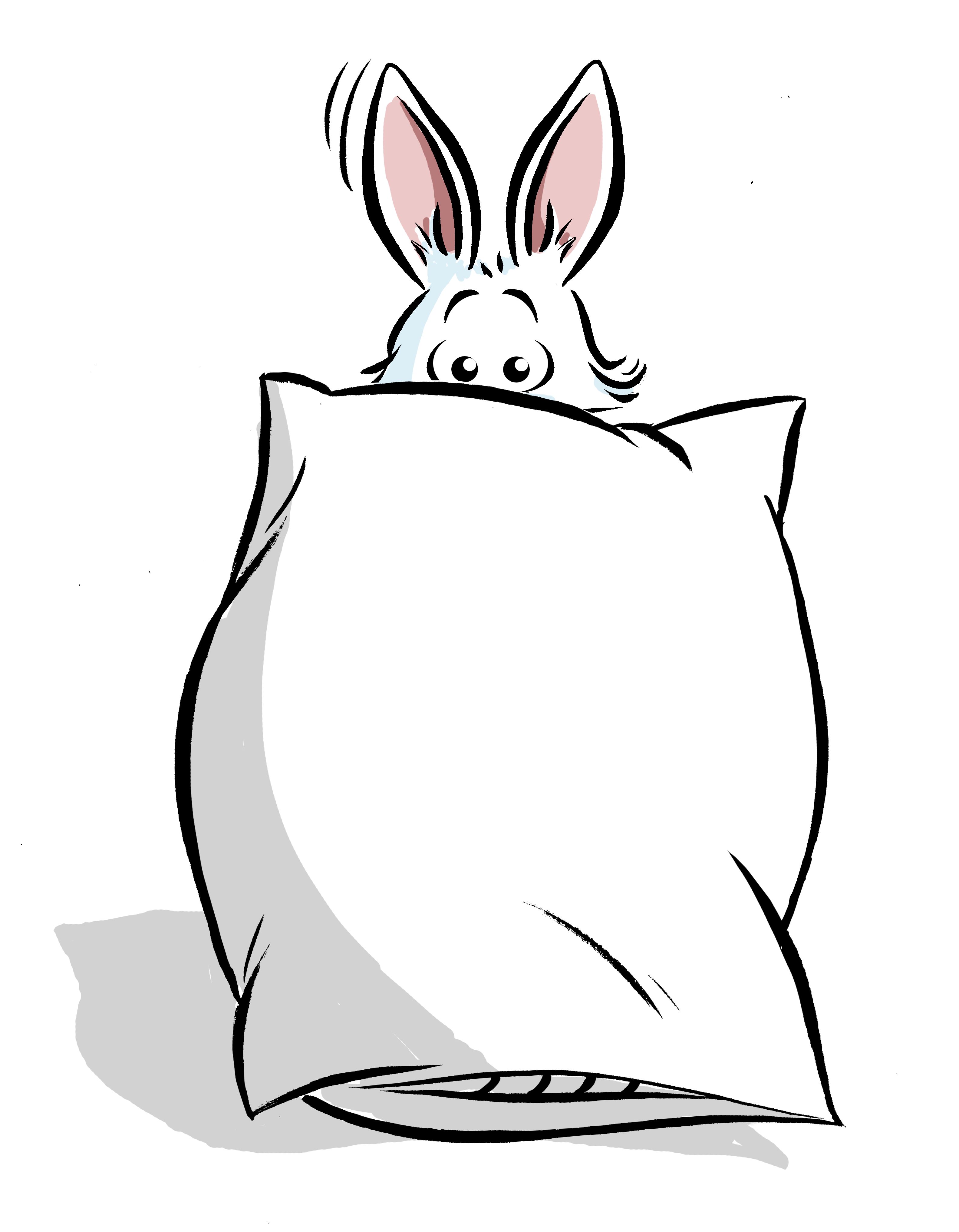
Actually two therapies are used for the treatment of bedwetting
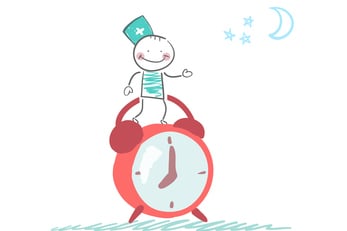
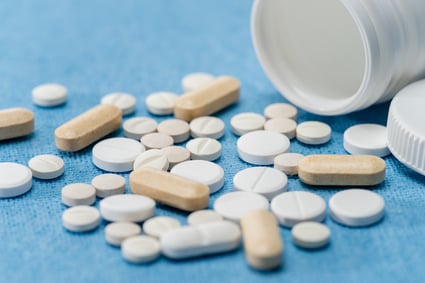
The behavioural treatment with an alarm-system (Pipi-Stop)
With the alarm-system Pipi-Stop we do a natural training of the continence system. The child develops the reflex to retain his urine, the capacity of the bladder increases and the urine is more concentrated (Prof. Gérard Lenoir’s opinion).
The medical treatment with the active substance desmopressine
This substance is administrated in form of tablet(s). This is an antidiuretic hormone (ADH) which can diminish the urine production during the sleep.
- Rate of success 90%
- Relapses 5%
- Secondary effects 0%
- Rate of success 65%
- Relapses 50%
- Secondary effects 7%
The advantages of the therapy with the alarm system
Effectiveness
Many paediatricians confirm that the alarm-system is by far the most effective way for the treatment of enuresis, with the least of relapses after the treatment.
At the present moment, doctors tend to propose for the treatment of enuresis a method based on a learning process rather than to use medicine. The French research ANAES from 2003, evaluated the effectiveness, the security and the economic consequences of the use of alarm-systems for the treatment of the nocturnal enuresis in comparison with the treatment with the antidiuretic hormone (desmopressine).
These research findings (ANAES, p. 37) show that the substance desmopressine has a certain effect during the treatment, but that these effects diminish rapidly after having stopped the medicine and that, on the long term, the alarm-system proves to be more effective: 50% of the patients treated with desmopressine relapsed after the treatment against only 5% of the patients treated with the alarm-system.
According to the Cochrane research, a relapse is 9 times less probaly with the alarm-system than with the antidiuretic hormone.
Security
The alarm-system does not generate secondary effects.
With the antidiuretic hormone secondary effects have been observed with about 7% of treated children: espesially headache, sickness, abdominal pains, skin rashes, etc. Very rarely a water intoxication was established.
The antidiuretic hormones as a nasal spray, already removed from the market in many european countries, are not anymore proposed in Switzerland for the treatment of the enuresis because of their significant secondary effects.
See Research ANAES, France: full research, p. 17
Economic consequences
In Switzerland a 3-month treatment (based on an average daily dose of the antidiuretic hormone), is significantly more expensive than the use of the alarm-system pipi-stop.
